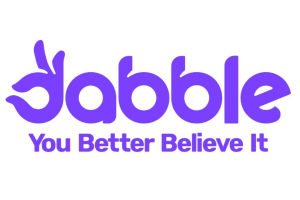
Google CEO Sundar Pichai defended the company’s partnership with Apple during a high-profile antitrust trial. This trial could reshape Google’s search engine operations and has captured the tech world’s attention.
The heart of the matter
Pichai’s testimony, according to The Wall Street Journal, aimed to counter the Justice Department’s claim that Google’s dominance in internet search stems from anticompetitive agreements that hinder competitors from gaining market share. Central to the case is Apple contract that designates Google as the default search engine on Apple’s Safari browser.
In 2021, Google paid $26.3 billion to remain the default search engine on various devices, with Apple benefiting greatly. Pichai, who led the negotiations with Apple in 2016, emphasized the mutual benefits of the partnership, despite occasional tensions.
Google’s bold proposal to Apple
In 2018, Pichai proposed a groundbreaking idea to Apple’s CEO, Tim Cook. He suggested preinstalling a Google Search app on every iOS device. While the specifics of this proposal remain unclear, Pichai’s rationale was straightforward: the popularity of the Google app and widget on Android led to increased searches. More Google searches on Apple devices would mean increased revenue for both companies.
However, Apple, known for not preloading third-party software on its devices, declined the offer. Despite the rejection, the proposal underscores the depth of the partnership between the two tech giants and the lengths they are willing to go to maintain it.
The bigger picture
The trial, overseen by U.S. District Judge Amit Mehta, could result in drastic changes to Google’s business practices. The case focuses on deals Google made with Apple and other companies to ensure its search engine remains the default option on their devices. Google argues that its search engine’s dominance is due to its superior quality and fair business deals.
Pichai’s testimony highlighted Google’s early realization of the importance of browsers in shaping users’ web experiences, stating: “We realized early on that browsers are critical to how people are able to navigate and use the web.”
As Google’s antitrust trial continues, the tech community awaits the outcome with bated breath. The case’s implications could reshape the dynamics of online power. Furthermore, it could set precedents for future antitrust cases in the tech industry.
Source link




